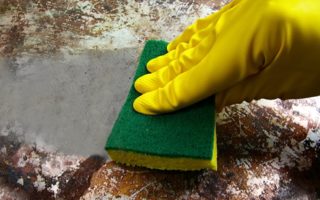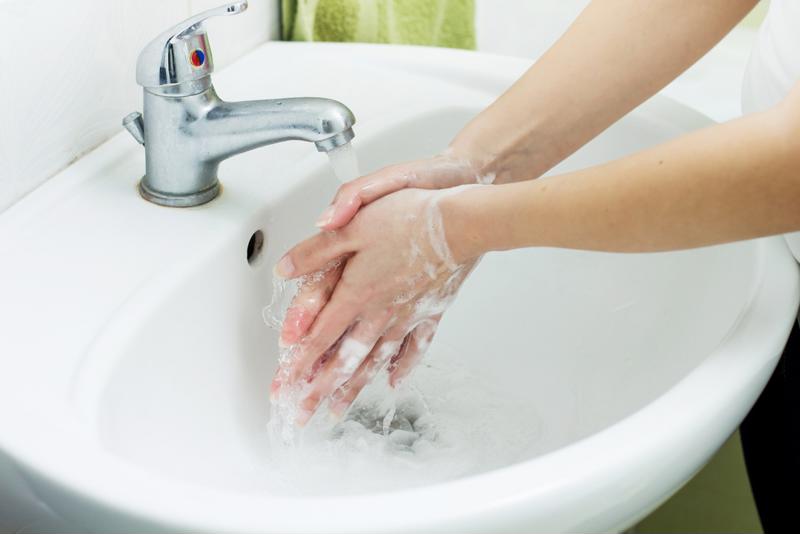
Is hand sanitizer the cause of our increasingly allergic population? Probably not, but it is just one piece in a very complicated, global puzzle related to public health. As pointed out in a health advice column for The New York Times, hand sanitizer is ubiquitous throughout much of the world, making it unsurprising that its been part of a raging debate on cleanliness and infection diseases in the modern world.
Here are a few things to know about hand sanitizer and how it relates to your health, whether or not you have some kind of allergy:
Hand sanitizer safety
First of all, using hand sanitizers as directed is considered exceedingly safe and an effective way to clean one's hands when washing with soap and clean water is not an option. But despite the prevalence of hand sanitizers and good hygiene in general, the recurrence of the common cold and flu leads some to believe these products are either not helping prevent the spread of disease, or may be actually making the problem worse.
On a small scale, the current medical consensus is that hand sanitizers are far better than nothing. A study published in The American Journal of Public Health found marked improvements in health among people who regularly cleaned their hands in any way, whether with a sink or alcohol-based disinfectants. In groups of people who practiced adequate hand hygiene, incidence of gastrointestinal disease fell by 31 percent, and respiratory infections by 21 percent.
But on a large scale, the jury is still out regarding widespread improvement in disease transmission. According to the Centers for Disease Control and Prevention, although flu viruses are destroyed by most alcohol-based hand sanitizers, the disease still inflicts a serious toll on U.S. health – at least 9 million Americans are infected by the flu each year, resulting in 140,000 hospitalizations and anywhere from 12,000 to 56,000 deaths.

The hygiene hypothesis
The fact that infectious diseases still pose such a major problem for the nation's health system proves that more could be done to prevent these illnesses. But medical professionals are beginning to discuss the possibility that the wide availability of cleaners like hand sanitizer may have unintentional consequences. Specifically, some researchers have pointed out a potential link between rising rates of severe allergic conditions and increased use of hand and surface sanitizing products.
This theory to explain recent public health trends comprises an overarching theme of what's known as the hygiene hypothesis. This term was first coined in medical literature by immunologist David Strachan, who conducted a study in 1989 showing a lower incidence of allergic conditions like asthma, hay fever and eczema among people from large families. Others conducted further research extrapolated these findings to explain apparent modern increases in several acquired diseases like type 1 diabetes and inflammatory bowel disease.
The working theory is that in a world increasingly sanitized by cleaning products as well as antibiotics, young immune systems are unable to gain the crucial experience needed to mature normally, and thus develop one or more types of over-reaction, including seasonal allergies. But the hygiene hypothesis does not offer a smoking gun, nor does it suggest that frequent handwashing practices should be abandoned altogether.
Instead, doctors advise patients to adopt a sensible approach to hygiene that includes hand sanitizer use. These products are great in a pinch, but do not need to be used constantly. After all, most bacteria that we come in contact with regularly is completely harmless. For best results, stick to washing hands before meals and after using the restroom, two activities that involve the most risk of infection. It's also wise to adopt a habit of cleaning the hands upon returning home from school or after taking public transit, for example. At home, make it a priority to clean surfaces that come in contact with raw meat and bodily fluids, but otherwise stick to your usual tidying habits.









